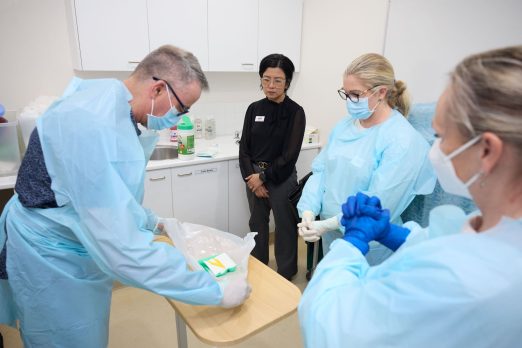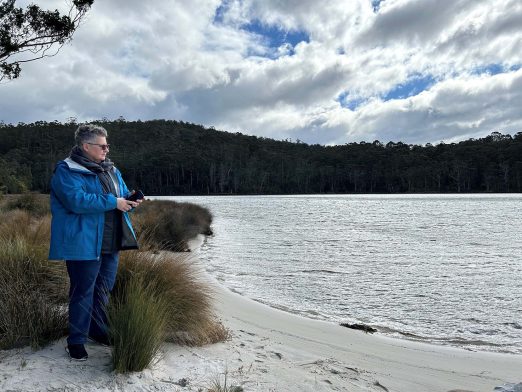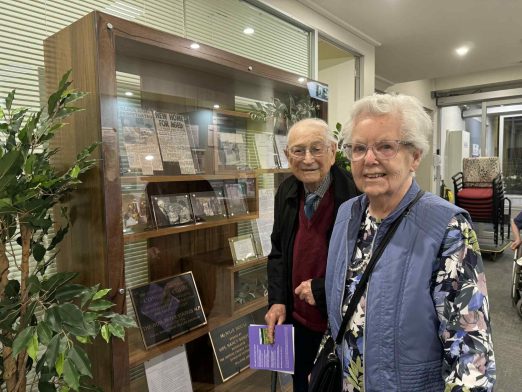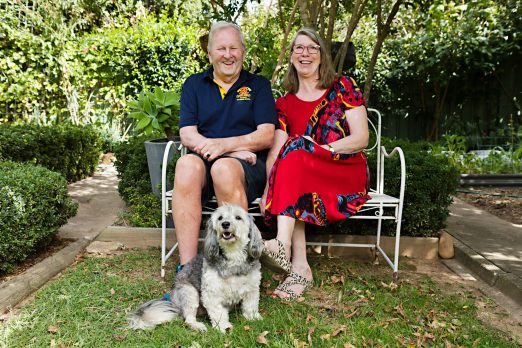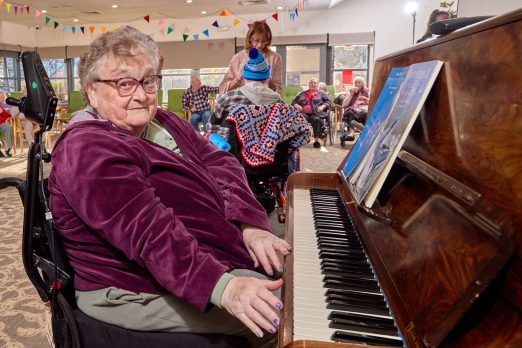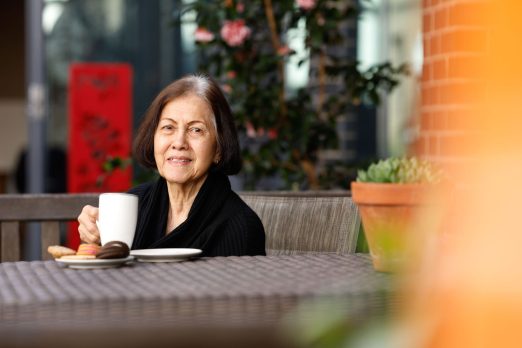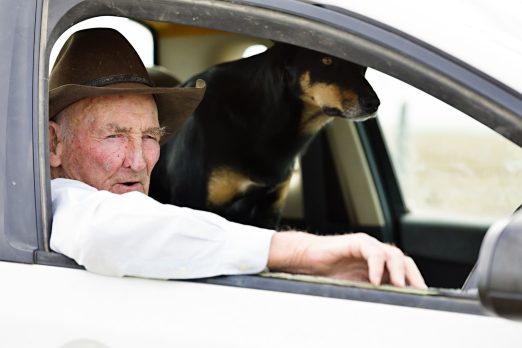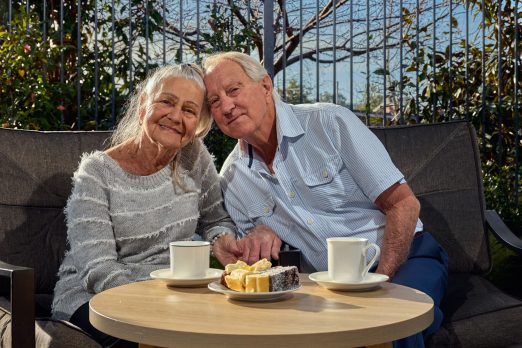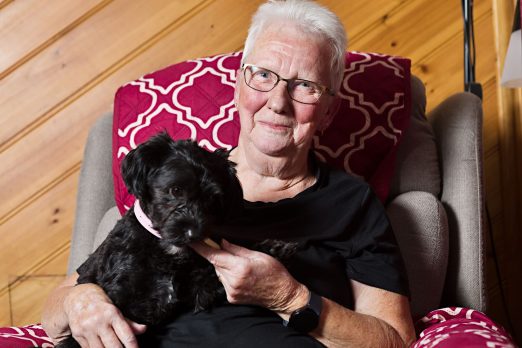News
2333 reasons why we are generation equality
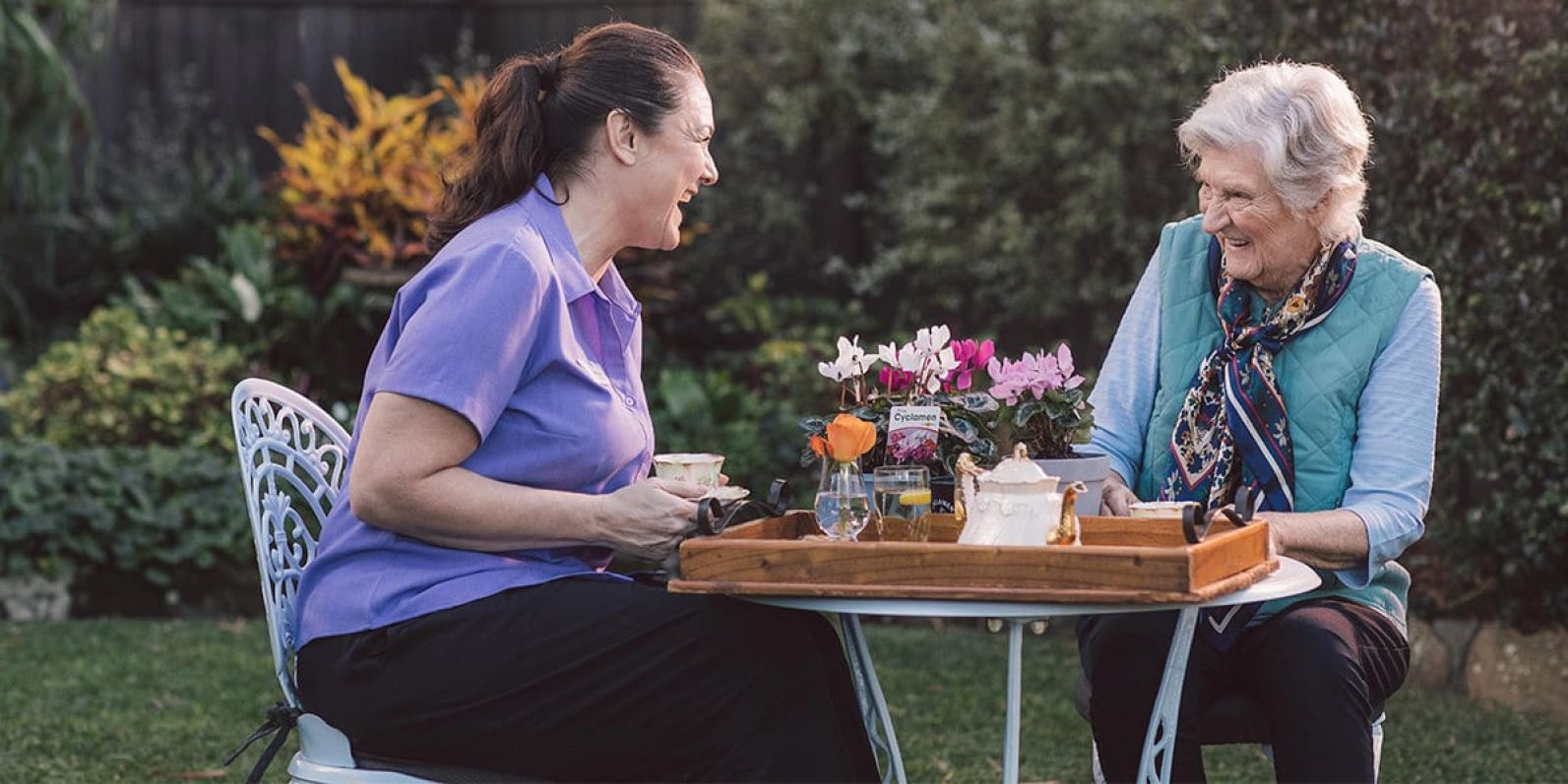
Organisational
On this day Uniting AgeWell currently employs 2333 women. While the success and impact of our work relies on all our people thriving, on International Women’s Day we reflect on the opportunity we have to create career pathways for the women we employ, and to celebrate their journeys and the daily impact they each make through their work. We are #eachforequal.
The stories of sustained endeavor, resilience and preparedness to adapt and change along career journeys are plentiful amongst the women of Uniting AgeWell. Millie Lehmann is one of them.
Millie is now a resident at Uniting AgeWell’s Strathdon Community. Born in 1933, and growing up in Warnambool, Millie became a teacher, during which time she felt a calling to work in the Ministry. At this time women could not become Ministers and so in 1960 she trained as a Deaconess in the Methodist Church. Life brought love, marriage and children, early loss of her first husband and then new life, remarrying, and blending a family. After an inspirational conversation with the then Moderator of the Uniting Church, Rev. Nancy Bomford, Millie followed her calling from the 1950’s and went to the Theological Hall to study and become a Minster of the Uniting Church when she was 60. A timely reminder that we can all make an impact at any age.
Historically, International Women’s Day offers a day of celebration of the social, economic, cultural and political achievements of women. The theme for International Women’s Day in 2020, while celebrating the progression of women’s rights, reflects a gnawing frustration that true gender equality is still elusive. The UN notes 2020 as a pivotal year for advancing gender equality worldwide, and that there is a “growing consensus that despite some progress, real change has been agonizingly slow for the majority of women and girls in the world.”
Raelene Thompson, Uniting AgeWell’s board chair, in considering this journey, also gave pause to this sentiment,
“In the early 1980’s, when I first started out in a large commonwealth department, 80 per cent of workers were women, while in middle and senior management they barely made up 20 per cent. At the time I recall thinking that women simply didn’t have female role models in leadership to aspire to, and to be mentored by. As I progressed in my career, I’ve tried to remember this and to mentor and support young women at the beginning of their journey and women through all the stages of their careers.”
Echoing the intervention that enabled Millie Lehmann to bring the final stage of her career to fruition, Raelene says steadfastly, “It is so important to support women to enable them to step forward to be their best, and to help them galvanise their belief in themselves that they are ready, worthy and capable of that next step in their career progression”.
Uniting AgeWell provides varied and flexible career pathways for many women. Women comprise 84 per cent of the overall workforce, and 81 per cent of supervisors, team leaders and coordinators, 78 per cent of managers and 59 per cent of the Uniting AgeWell board are women. These numbers are to be celebrated; they reflect hard work and sustained commitment by many. They are also symbiotic with a sector that has traditionally been dominated by women, arguably because of the flexibility of many roles to accommodate raising families. These same rates of participation are unusual amidst the broader community, and organisations.
Sabine Phillips, is a Uniting AgeWell board member, and recent recipient of a Member (AM) in the General Division of the Order of Australia, for her significant and outstanding achievement and service to aged welfare and to the legal profession. Sabine concurs with the sentiment of this year’s IWD theme acknowledging frustration that it has taken so long to get to where we are as a society, and that “there is still so much to do; true gender equality does not currently exist”.
Importantly she notes, “As a society we have yet to properly, systemically address the issue of equity. There is not an equal playing field, and while there are some of us who have been able to navigate career paths to achieve a version of equality for ourselves, it is important to realise that this is not the case for all women. Many women are doing it really tough. We all have a responsibility to bring all women along. We may need to support some people more, to enable them to have the opportunity of the career and the life of their choosing.”
Summarised by Raelene, “There is a lot more to do”.
